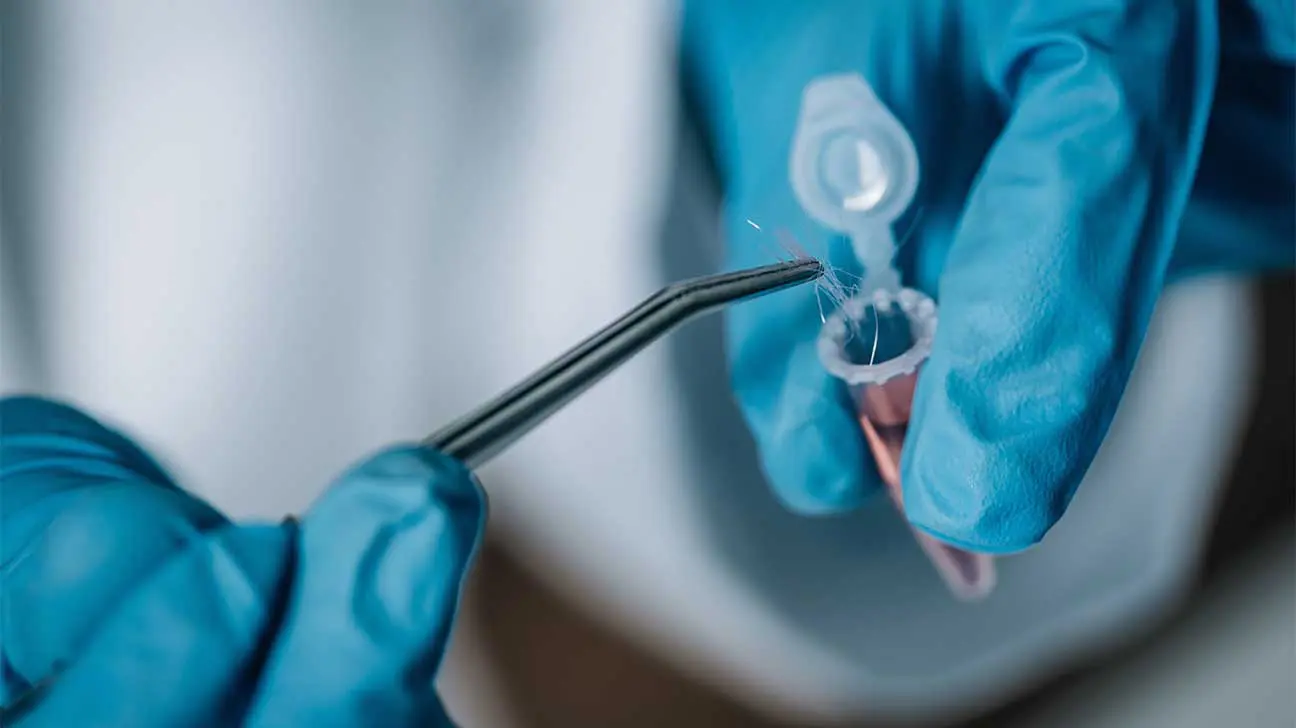
Hair testing can detect alcohol use regardless of whether you cut, dye, or style your hair.
Strands of hair submitted for testing can come from the top of the head or another area of the body, such as the armpit.
Detecting Alcohol In Hair
Alcohol can remain detectable in the hair for 90 to 120 days, on average. Due to this long detection window, hair testing can be useful for detecting repeated alcohol use.
What Factors Can Affect How Long Alcohol Stays In Hair?
Not everyone absorbs or metabolizes alcohol at the same rate. The amount of time alcohol stays in the hair can vary based on a variety of factors.
These factors can include:
- age
- how much alcohol is consumed
- history of alcohol abuse and dependence
- overall health status
- liver and kidney function
Older people, people with a higher body fat percentage, and people who have impaired liver function may absorb and metabolize alcohol more slowly. This can result in a longer detection window.
Finding Treatment For Alcohol Abuse And Addiction
If you need help to stop drinking, an alcohol detox program may be able to help. After that, a formal treatment program for alcohol abuse may be recommended, depending on your needs.
If you or a loved one is struggling to get sober, call our helpline today to find an alcohol treatment program that’s right for you.
Addiction Resource aims to provide only the most current, accurate information in regards to addiction and addiction treatment, which means we only reference the most credible sources available.
These include peer-reviewed journals, government entities and academic institutions, and leaders in addiction healthcare and advocacy. Learn more about how we safeguard our content by viewing our editorial policy.
- U.S. National Library of Medicine: NCBI—Ethyl glucuronide in hair and fingernails as a long-term alcohol biomarker
https://pubmed.ncbi.nlm.nih.gov/24524319/


